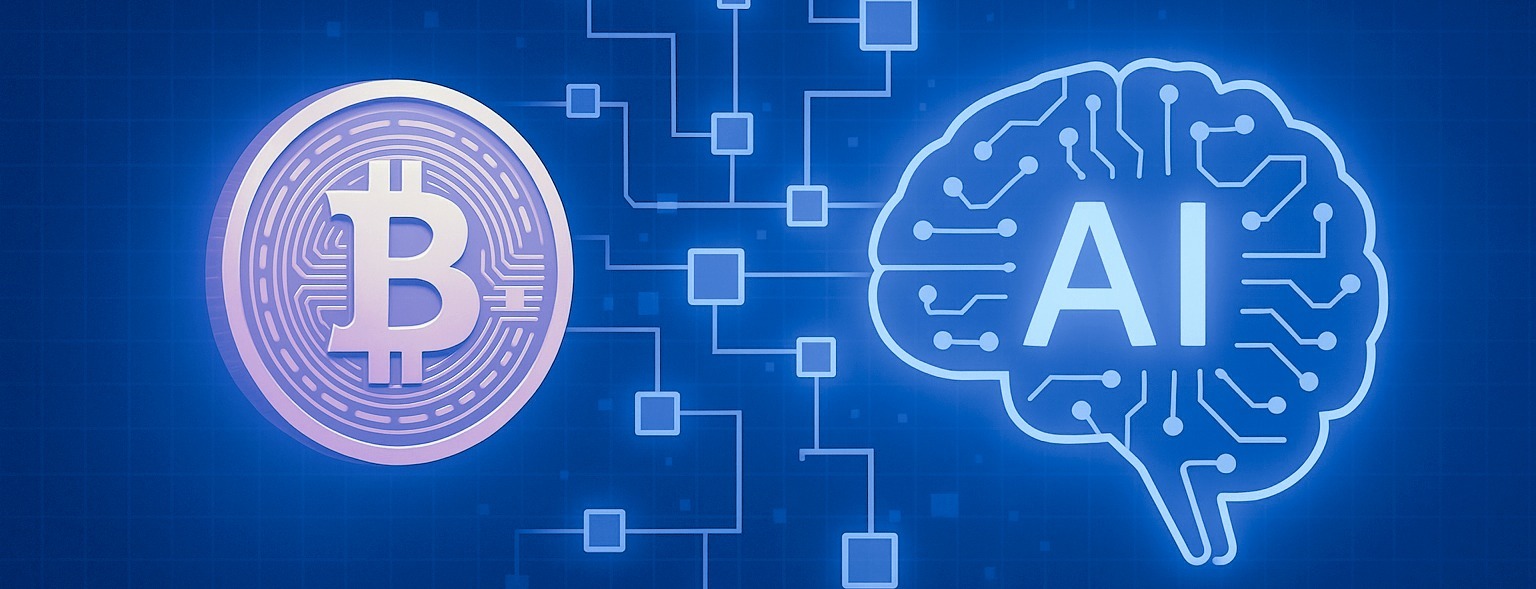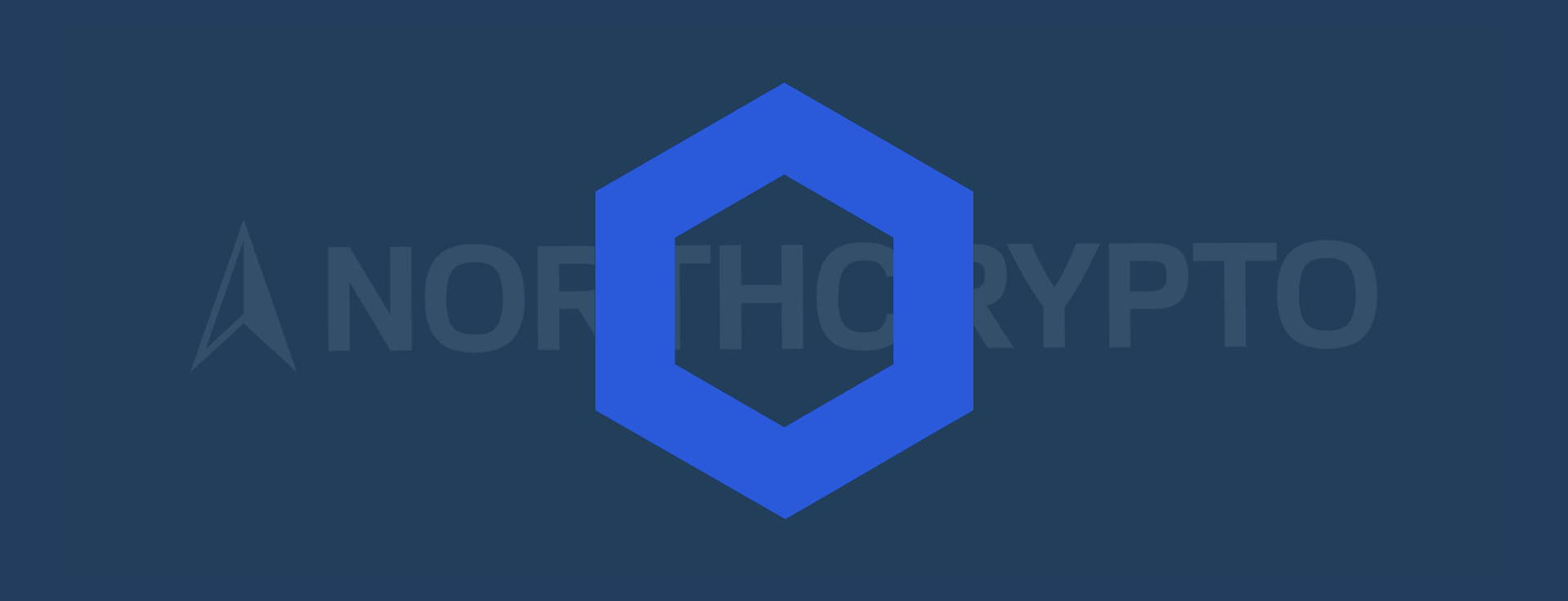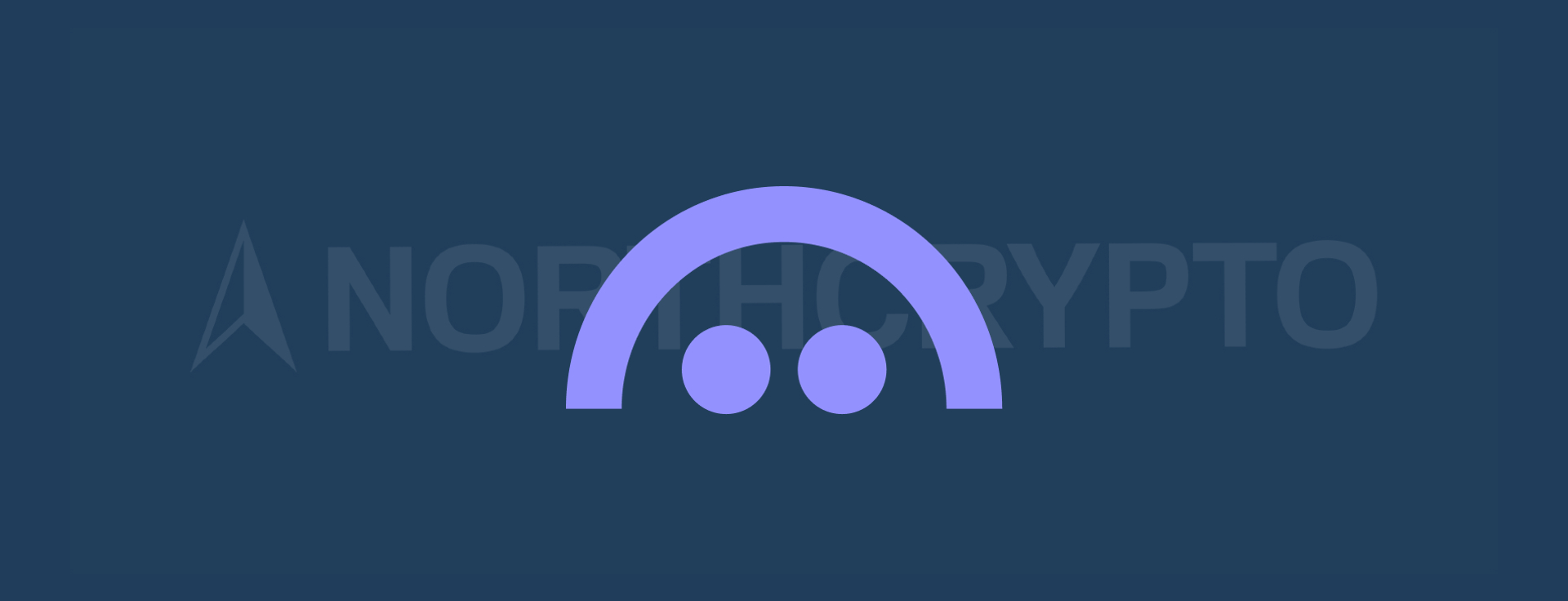
Smart contracts are one of the key innovations utilizing blockchain technology. Although the benefits of smart contracts are undeniable, their reliability may be compromised if they retrieve data from outside the blockchain using centralized operators. This paper takes a closer look at smart contracts and explains how the system developed by Chainlink has improved their reliability.
What are smart contracts?
Smart contracts are programs programmed into a blockchain. Smart contracts perform the functions assigned to them fully automatically. The automaticity of smart contracts ensures that the need for third parties and other trust-building processes familiar from traditional contracts is eliminated. The smart contract is often built in a form that is impossible to change it afterward, making it entirely immune to manipulation.
Smart contracts always work as they are predefined. In open blockchains, such as Ethereum, anyone can choose to view the operation of a smart contract, thus avoiding surprises. Smart contracts increase trust between the parties through their transparency and reliability.
Smart contracts are programmed into a blockchain, so they benefit from all the features that blockchain technology enables. The advantages of smart contracts over traditional contracts are significant and can be exploited in several different applications.
Uses of smart contracts
When talking about smart contracts, another innovation built on the blockchain, i.e., decentralized applications (dapp), cannot be ignored in any way. A decentralized application differs from traditional applications in that it is built on top of a decentralized blockchain, so it can take advantage of all the advances made possible by the blockchain in its operations. Smart contracts are at the heart of decentralized applications. In practice, decentralized applications combine smart contracts and an interface. Thus, without smart contracts, there would be no decentralized applications either. Decentralized applications can mean cryptocurrencies as well as other applications utilizing blockchain technology.
Smart contracts are also closely linked to an entity called DeFi (Decentralized Finance). DeFi refers mainly to decentralized applications built on top of Ethereum, whose mission is to provide people with services similar to traditional banking. DeFi services like Aave communicate directly with users using smart contracts. Thus, everything happens entirely automatically without intermediaries or other third parties.
The uses of smart contracts are not limited to the world of cryptocurrencies. Smart contracts also change the way contracts are concluded in traditional situations where traditional contracts have had to be used in the past. Smart contracts make contracting more reliable and lighter than before. People do not have to enlist the help of lawyers or other third parties when drafting contracts. In addition, the things recorded in the smart contract can be seen in the open blockchain. The automaticity of the smart contract ensures that if the aspects specified in the contract are not fulfilled, the contract will not be fulfilled automatically.
The oracle problem of smart contracts
Although smart contracts can be considered a major technological innovation, they also have their limitations. Smart contracts do not have independent access to data coming from outside the blockchain. This kind of data is, in most cases, essential for the reliability of smart contracts. If a smart contract needs to receive data from outside the blockchain, a data source called an oracle must be connected to it. Oracles provide for smart contracts off-chain information they need.
Oracles play a significant role in considering the reliability of a smart contract, so the accuracy of the data they provide is essential. If a smart contract utilizes only one centralized oracle, it may be reflected in the less reliability of the data obtained by the smart contract. This is called the oracle problem. Fortunately, however, there is a solution to the oracle problem smart contracts face—more on this next.
What is Chainlink?
Chainlink is an application built on Ethereum’s blockchain to produce the highest quality data possible for smart contracts. As its name implies, Chainlink links smart contracts made over the blockchain and data coming from outside the blockchain.
Chainlink has solved the oracle problem of smart contracts by creating a decentralized oracle network. In the system developed by Chainlink, oracles should strive to produce the highest quality data possible for smart contracts. Well-performing oracles earn Chainlink’s LINK tokens as a reward, while poorly performing oracles lose their tokens. Chainlink has thus created a system that encourages oracles to produce the highest quality data possible for smart contracts.
Technically, the Chainlink oracle consists of two separate parts. One part of the oracle is located inside the blockchain, the other outside. The part that works inside the blockchain is the agreement between the oracle and the smart contract about the data imported from outside the blockchain. The part outside the blockchain, in turn, is called a node. Nodes are operators that provide off-chain data to smart contracts. Nodes earn LINK tokens for the reward of their work.
The system developed by Chainlink includes a massive amount of nodes that supply off-chain data to smart contracts. The whole process is entirely decentralized, eliminating the security problems familiar from centralized oracles. Chainlink has also developed a feature that checks the quality of data previously produced by oracles, automatically rejecting nodes that make unreliable and low-quality data.
Chainlink is practically a distributed application and the oracle solution of which can be utilized in any blockchain. Its activities are therefore not limited to Ethereum. Today, almost all projects that need an oracle solution rely on Chainlink’s decentralized oracles. The technology provided by Chainlink eliminates the smart contracts oracle problems and makes the off-chain data required by smart contracts reliable. It can be said that without Chainlink’s decentralized oracles, the reliability of smart contracts would not be as high as it is today.
Mikko Soon
Cryptocurrency specialist
Last updated: 10.03.2022 13:57




